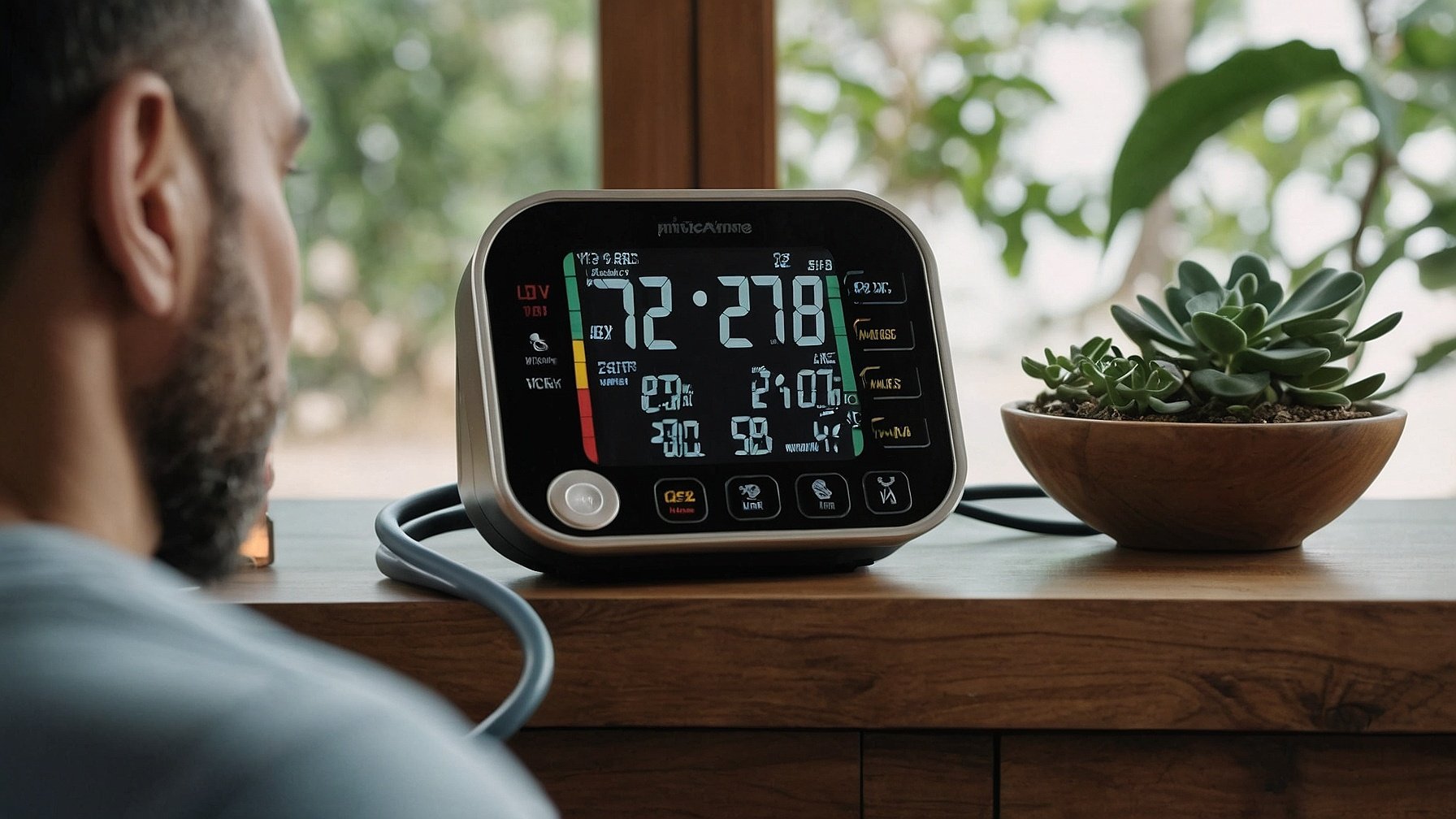From the Cross County Cardiology Education Team
Most people think that monitoring your blood pressure at home is as simple as strapping on a monitor and jotting down the numbers. But, if you’re aiming for accuracy—and better health—it’s a bit more involved. Accurate blood pressure monitoring is critical for managing hypertension, and it’s not just about owning a good machine. It’s about using the right techniques to get reliable results.
A recent survey by Omron revealed that three-quarters of Americans may leave their hypertension unchecked, mainly due to incorrect at-home measurement practices. The American Heart Association (AHA) echoes this concern, linking inaccurate home BP readings to potential health risks. So, what’s the best way to get accurate readings at home?
1. Choose the Right Monitor
First and foremost, we recommend using an arm cuff instead of a wrist cuff. Why? Arm cuffs provide more accurate results. While wrist cuffs might seem convenient, we’re still unsure of what constitutes a “normal” wrist blood pressure reading. For a reliable and affordable monitor, brands like Omron offer good-quality devices in the $20-$30 range.
2. Validate Your Results
One crucial step that’s often overlooked is validating your home readings with the ones taken at your doctor’s office. It’s okay if your at-home numbers are slightly different, but comparing them with your doctor’s readings ensures that you’re getting an accurate picture of your blood pressure. This validation can help prevent the overtreatment or undertreatment of hypertension.
3. Make Home Monitoring a Routine
Monitoring your blood pressure at home—away from the stress of a doctor’s office—can provide a clearer picture of your health. Regular home checks help manage hypertension more effectively, so you’re not just relying on clinic visits to track your progress. Keeping consistent records can give you and your healthcare provider a better understanding of how your blood pressure fluctuates over time.
Why It Matters
Accurate home-based blood pressure monitoring is more than a helpful habit—it’s a silent champion in the fight against hypertension-related complications. By incorporating these practices into your daily life, you can improve your health, prevent complications, and enhance your overall quality of life.
At Cross County Cardiology, we encourage everyone to be proactive about their heart health. The key to effective blood pressure management starts at home, and with the right approach, you can take control of your health with confidence.
References:
- American Heart Association: Why It’s Important to Monitor Blood Pressure at Home
- Omron Healthcare: Survey on High Blood Pressure Control
Takeaway: Make accurate home-based blood pressure monitoring part of your daily routine and help prevent complications before they arise. Your health is in your hands—literally!




